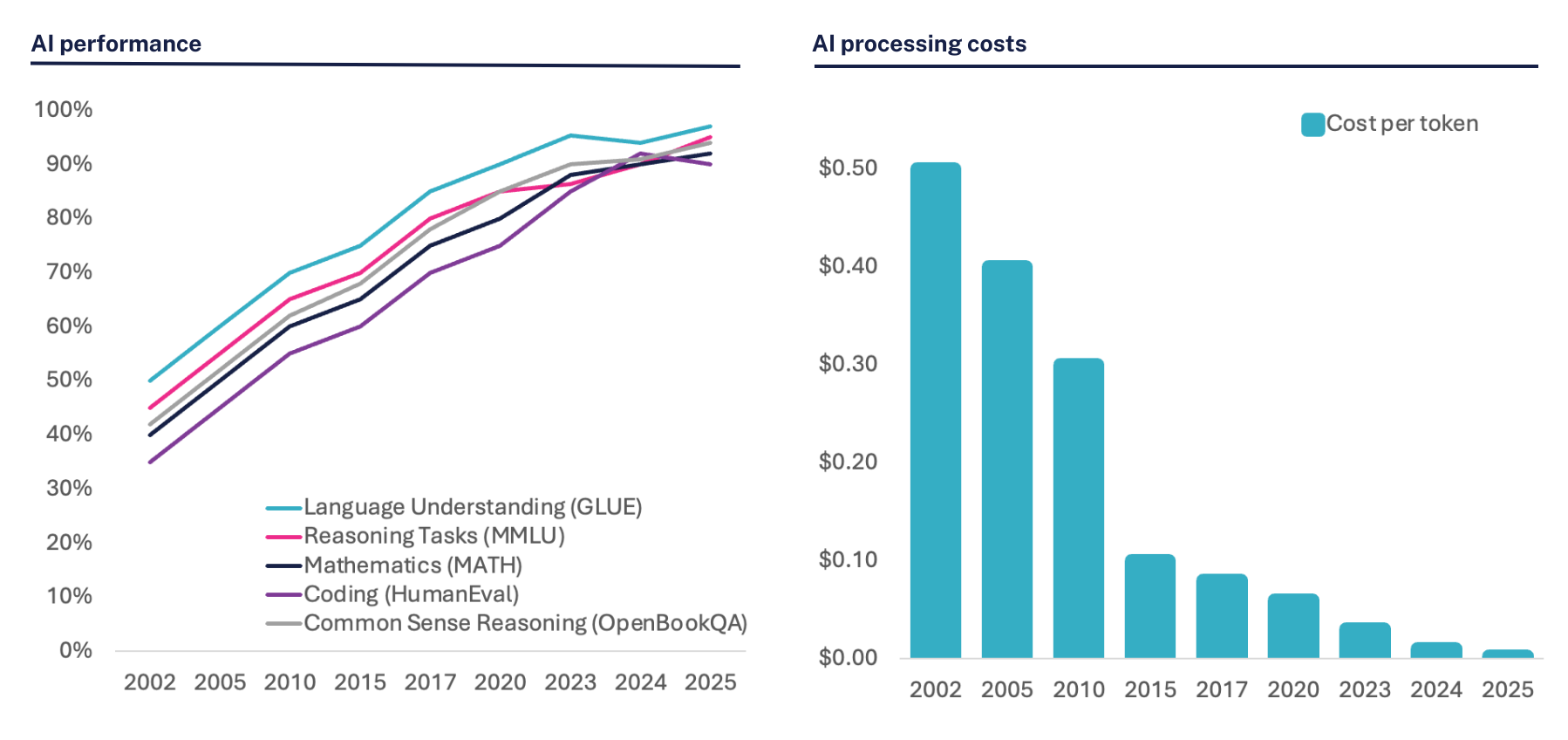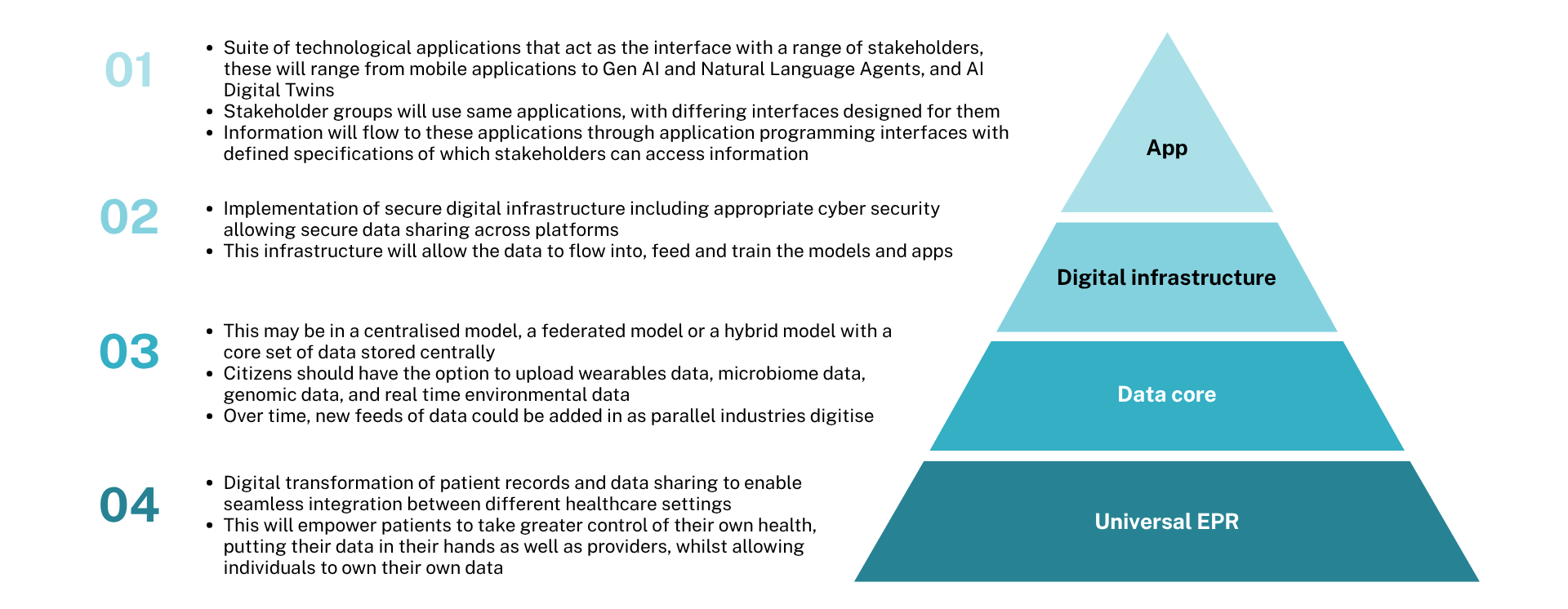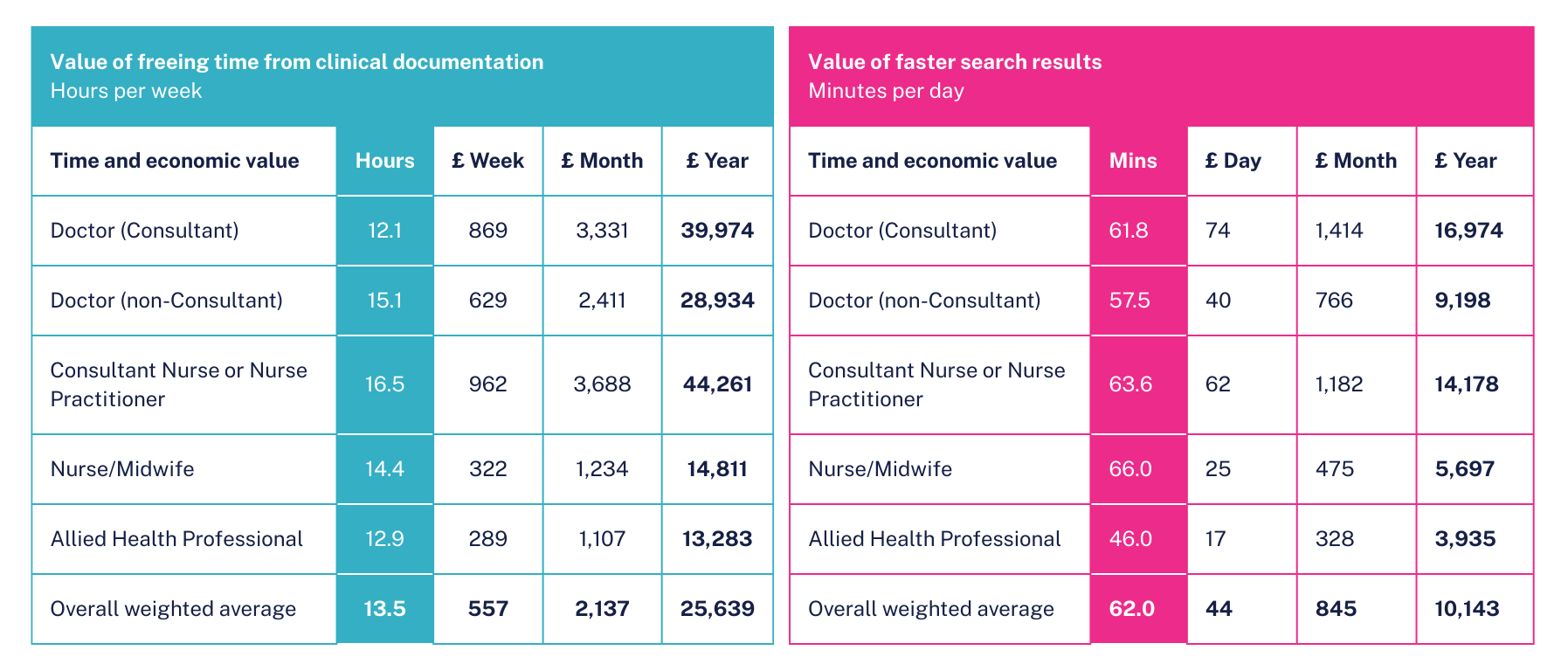Having spent over 13 years advising healthcare systems worldwide, I have observed numerous transformation initiatives that intended to catalyse revolutionary change but resulted only in incremental improvements. The gap between healthcare’s digital ambitions and its operational reality has never been wider; bridging this gap is critical to enable delivery of strategic imperatives.
This isn’t another consultant’s manifesto about technology’s promise. This is a wake-up call from someone who has sat in boardrooms from London to Riyadh, and has seen first-hand why billion-dollar IT implementations fall short of their ambitions.
The uncomfortable truth about healthcare’s digitalisation
Often “digital transformation” programmes involve automating inefficient pathways rather than supporting reimagining of models of care from the ground up.
I’ve seen “digital transformation” programmes that leave nurses still spending hours hunting for equipment, doctors dictating notes that someone else types up, and patients repeating their medical history to five different people in a single visit. We need to invest in more meaningful change to enable creation of truly efficient, effective and sustainable services.
The numbers don’t lie: healthcare costs continue rising 1.5% faster than GDP growth, administrative burdens consume up to 50% of clinician time, and patient satisfaction with healthcare interactions lags behind other service industries. We’re digitising outdated models of care instead of leveraging innovation to enable effective delivery of new models of care that better meet population need.
What real transformation looks like
I’ve also seen what happens when healthcare organisations commit to genuine transformation – fundamental reimagining of care delivery enabled by intelligent technology.
CF’s partnership with Narayana Health through the Future State Programme has given us unprecedented access to study a healthcare system that has achieved something remarkable and delivered on the promises made at the outset.
When I tell healthcare executives that a single diabetologist at Narayana effectively manages 30-40,000 patients (compared to the typical 3,000), they assume this means rushed, impersonal care. The opposite is true. Through integrated data platforms, AI-driven clinical decision support, and intelligent workflow automation, clinicians provide more personalised, proactive, and effective care than ever before.
Digital transformation isn’t about replacing human judgment – it’s about amplifying human capability. Clinicians spend their time on complex clinical reasoning and patient interaction while AI handles routine monitoring, pattern recognition, and administrative tasks. The result: 20-40% cost reduction alongside dramatically improved patient outcomes and clinician satisfaction.
This isn’t theoretical. It’s operational reality, delivering measurable results at scale.
The strategic imperative
From our vantage point as transformation advisors, we see healthcare leaders juggling competing pressures: rising costs, workforce shortages, ageing populations, and political demands for both improved outcomes and constrained spending. Systems are already stretched and doing more within existing systems is not a viable option.
Organisations achieving genuine digital transformation are operating with cost structures 20-40% lower than their traditional counterparts while delivering superior patient experiences and clinical outcomes. Organisations that don’t embrace comprehensive digital transformation within the next five years will not be able to continue to effectively cater to the needs of the populations they serve.
Advances in AI processing capabilities and the reduction in processing costs create the opportunity to increase adoption and realise associated benefits

The challenges facing digital transformation
CF’s global transformation practice has found that many healthcare digital initiatives struggle because they emphasise technology deployment instead of achieving outcomes: organisations buy systems instead of buying results.
Successful transformation requires four fundamental shifts:
The future of healthcare delivery is underpinned by a universal data and digital foundation, which users will interact with through user centric applications

The AI inflection point
We’re at a unique moment in healthcare technology evolution. Generative AI and advanced Natural Language Processing have reached the level of sophistication required to handle healthcare’s complexity and variability.
For the first time, we have technology that can engage in natural language conversations with patients, process unstructured clinical data at scale, and provide intelligent clinical decision support that enhances clinical workflows.
This isn’t about replacing clinicians – it’s about creating AI-augmented care teams that combine human expertise with machine intelligence to deliver previously impossible levels of personalised, proactive, and precise care.
“Generative AI can improve a highly skilled worker’s performance by nearly 40% compared with workers who don’t use it.”

A call to action
Healthcare transformation is more than a technology project – it’s a leadership challenge. The technology exists, the business case is proven, and the competitive pressures are intensifying. The final piece of the puzzle is strong leadership, with the vision and courage to commit to genuine change.
Digitalisation across the healthcare industry is happening now, and is an operational reality in leading organisations worldwide.
Healthcare leaders who act decisively now will build the sustainable, high-performing organisations that define healthcare’s future. Not doing so could lead to unsustainable cost structures, outdated service models, and clinical capabilities that can no longer cater to evolving population needs.
To learn more about our Future State Programme work, click here. To learn more about more about our work in the Middle East, contact our team.
About CF
CF is a leading consultancy dedicated to making an enduring impact on health and healthcare. We work with leaders and frontline teams to improve health, transform healthcare, embed life science innovation and boost growth through investment. With unmatched access to UK healthcare data and award-winning data science expertise, our team are a driving force for delivering positive and meaningful change.
About the author

Dr Zahra Safarfashandi
Dr Zahra is a partner at CF, and Chief Executive of CF GCC, our Middle East entity. She is a clinician and an experienced healthcare management consultant. She specialises in implementing clinical and digital transformation programmes at scale. She has worked across the UK, Europe and the Middle East focused on improving clinical outcomes, workforce productivity and operational effectiveness by leveraging clinical best practice and digital innovations.





